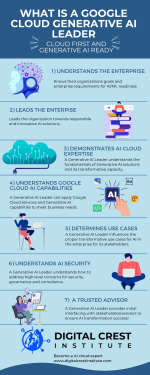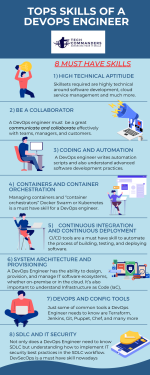Core1 Certmaster Learn Reference
- By imsrj.cse
- CompTIA A+
- 0 Replies
There is no Lab reference available for Core 1 Certmaster learn Labs,

 www.linkedin.com
www.linkedin.com





We're excited to announce the launch of our new and improved website experience!
To prepare for this transition, this site will be temporarily unavailable on June 3, 2025, from 10:00 AM CST to 1:00 PM CST.
View our status at http://status.comptia.net/

